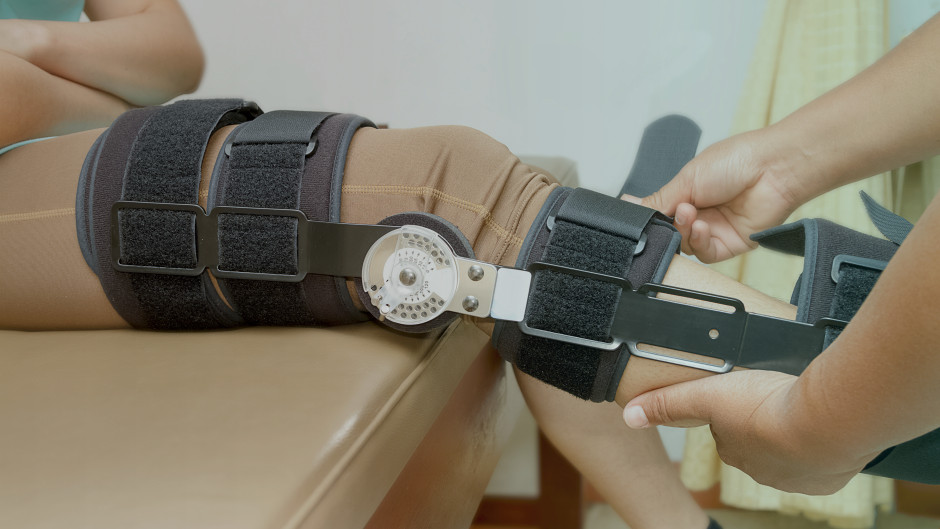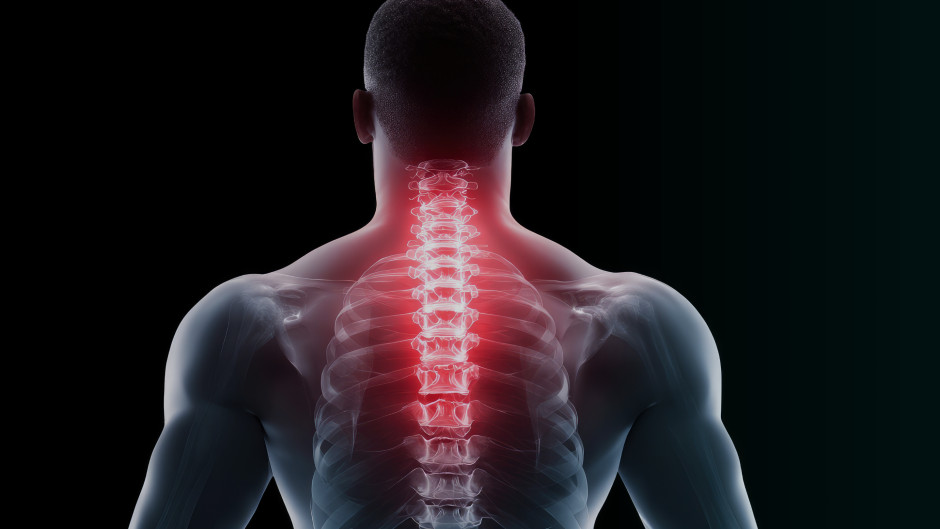4 THINGS TO CHECK BEFORE AN ATHLETE RETURNS TO PLAY
Athlete readiness
Despite dramatic advances in the physical education of coaches, as well as in the fields of medicine, athletic training and physical therapy, sport-related traumatic injuries are our major concern. It is a matter of fact that athletic injuries, both single and multiple, have a tendency to grow dramatically. Accordingly, prediction and prevention of sport-related injuries is the athletic community’s major challenge.
There is still confusion among coaches and medical personnel in terms of injured athletes’ readiness for sport participation and readiness for competition criteria.1
After an injury it is very important to assess the athletes readiness to return to play as it can help prevent the occurrence of re-injuries and also the performance of the athlete in the game.
If you want to learn more about this topic, you can watch Ian Gatt's lecture here:

4 THINGS TO CHECK BEFORE AN ATHLETE RETURNS TO PLAY
1) Are they physically ready?
Athletes having history of injuries are prone to re-injuries therefore assessing the player in terms of biological, physiological and functional standpoint before commencing sports is essential. Pain, strength, agility and endurance are the some of the physical aspects to be assessed and which suggests that an athlete is physically ready.
2) Are they psychologically ready?
Psychological factors correlate with injury occurrence, therefore these factors should be offered greater weighting in RTS decision-making. Characteristics of an athlete who is psychologically ready to RTS are multifaceted and include, among others: realistic expectations, high levels of self-efficacy and low levels of anxiety. Psychological readiness to RTS is likely influenced by multiple social agents, personal and contextual factors (e.g., coaches, sports medicine practitioners, personality traits, performance level).²
3) Physical vs Psychological readiness
Sometimes physical versus psychological readiness do not correlate directly. Although an athlete has passed all the physical tests and is termed ready in terms of strength, power and endurance, they may not feel quite alright psychologically.
4) Psychological readiness vs Mental health
There’s a difference between psychological readiness and mental health. You could have poor mental health and be psychologically ready to return back to sport, or vice versa. It can also be, we both being both low or both being both up. Can mental health be impacted as part of a long term rehabilitation process should be considered. Avoiding dealing with fear of pain can lead to chronic pain and puts an athlete at risk of a delayed return to sport.³






If you want to learn more about this topic, you can watch Ian Gatt's lecture here:
Sources:
1. Semyon Slobounov; Injuries in Athletics: Causes and Consequences; January 2008
2. Dale Forsdyke, Adam Gledhill, Clare Ardern; Psychological readiness to return to sport: three key elements to help the practitioner decide whether the athlete is REALLY ready?; 2016 ; Bjsports
3. Tracy Ward ; Mindset and return to sport – Ready, steady, go! ; Page 2 of 4 ; Sports injury bulletin
4. ‘The sporting upper limb’ lecture by Ian Gatt



